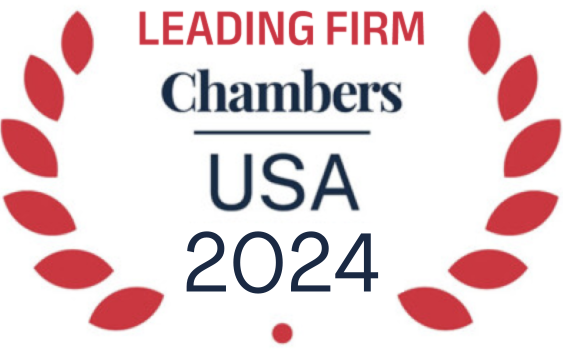
The Robinson-Patman Act
The Robinson-Patman Act (15 U.S.C. § 13), an amendment to the Clayton Antitrust Act, is a federal law that prohibits unlawful price discrimination. The Act provides specific circumstances where price discrimination violates federal antitrust law, and allows private parties who were injured by illegal price discrimination to pursue litigation.
Illegal Price Discrimination under the Robinson-Patman Act
The Robinson-Patman Act prohibits illegal price discrimination, which occurs when a seller charges buyers different prices for the same product. The Act requires a specific set of circumstances under which price discrimination is illegal. The price discrimination must:
- Be from the same seller
- Be to at least two buyers, who are similarly situated
- Be of commodities of like grade and quality
- Be sold for use, consumption, or resale in the United States
- Be on sales that cross state lines
- Have the effect of substantially lessening competition
Enforcement under the Robinson-Patman Act
The Robinson-Patman Act allows private parties who were harmed by companies violating the Act to pursue litigation. Under the Act, those companies who pursue litigation must prove that the discriminatory actions attempted to lessen competition.
Federal agencies such as the U.S. Department of Justice Antitrust Division and the Federal Trade Commission also enforce the Act.
Learn More about Federal Antitrust Laws
About Us
Report a Robinson-Patman Act violation:




